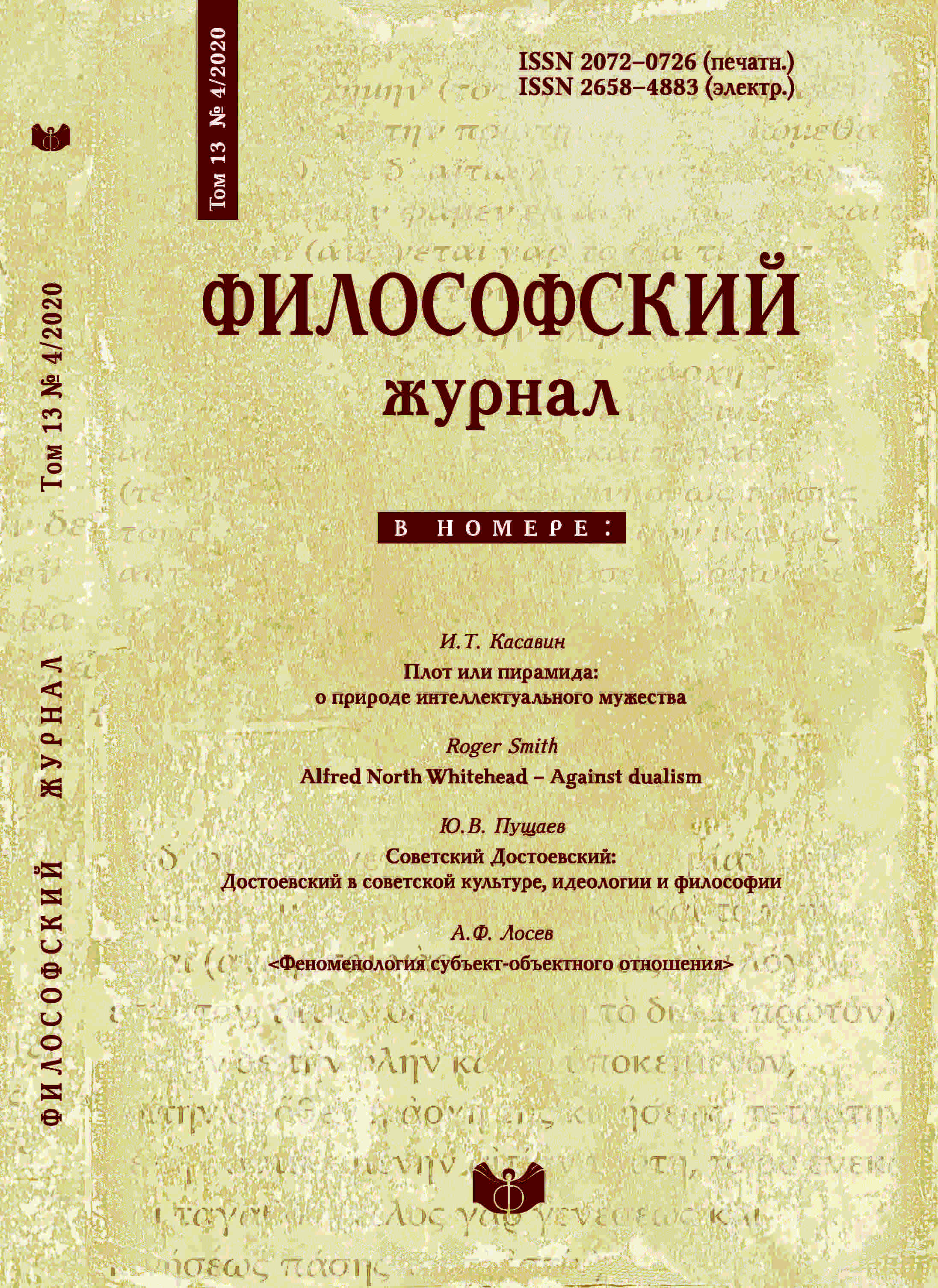Can animals think? Lingualism, interpretivism and proto-logic
DOI:
https://doi.org/10.21146/2072-0726-2020-13-4-37-51Keywords:
thinking in animals, reasoning, linguistic barrier, language, lingualism, interpretivism, proto-logic, Bermudez, Davidson, Glock, JamiesonAbstract
An author aims to represent and analyze three ways of answering the question about the sense in which we can attribute thinking and reasoning to non-human animals. Debates on rationality and reasoning in animals is a novel area of research in the context of Russian philosophy today. The basic difficulty of research of animal thinking is connected with the existence of language barrier between people and other non-linguistic creatures. The absence of language capacity was equaled to the inability to think in terms of classic philosophy. Davidson’s argument that is considered in the article supports this claim. It rests on linguistic holism. Along with this negative conception of animal thinking the author of the article analyzes two positive conceptions. Firstly, it is Jamieson’s interpretivism, which is based on the second-person and third-person perspective in the process of interpretation. This approach denies any difference in understanding human and animal behavior. Secondly, it is the concept of proto-logic elaborated by J.L. Bermudez. According to the author of the article this approach is promising for a further development of the relevant field of research. Bermudez doesn’t reduce the problem of animal thinking to the characteristic features of human thinking and reasoning. He demonstrates a mere theoretical possibility of the existence of thinking beyond the representational system of language. As the author concludes, protologic provides the basis for the philosophical investigation of the problem of thinking in non-human animals.






